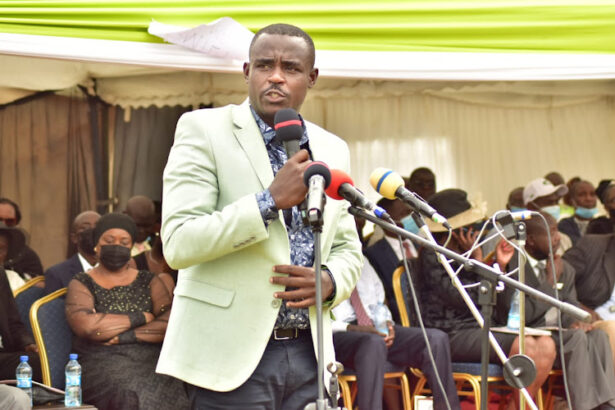Opposition leader Raila Odinga on Tuesday, April 4, rejected President William Ruto’s offer to address his issues through parliament.
The former Prime Minister instead wanted to have a conversation at the national level similar to that of 2008 that was led by Koffi Anan at the time of late President Mwai Kibaki.
“Our suggestion at the national level through a process kin to the 2008 National Accord. We want this process to be akin to the process that Kofi Annan led. We want it to be a people-driven process,” he said.

However, in a statement, the United Democratic Alliance (UDA) party rubbished Raila’s demands stating that the government will not be coerced to fall for unconstitutional ways of negotiations.
UDA Secretary General Cleophas Malala termed the new demands set by Raila as ‘unreasonable’ adding that they were not meant to address the issues raised but to coerce the Kenya Kwanza to share power with Azimio.
“In making these unreasonable demands, Raila Odinga has demonstrated his intention to hold the bipartisan parliamentary process as suggested by the president at ransom,” Malala said.
The ruling party further maintained that it will not support any discussions outside the confines of the law.
“Formation of anybody, not legally recognized by the constitution or statute law amounts to living in utopia and broad daylight hallucination,
“We want to categorically state that, we as a party, shall not accept any process that is outside the purview of the constitution or offends the law as established,” he added.
While rejecting President William Ruto’s offer, Raila indicated that a purely based Parliamentary process may not achieve the bi-partisan agreement arrived at by the two parties.
“A purely parliamentary process will not serve the intended purpose on the issues we raised,” Raila said.
